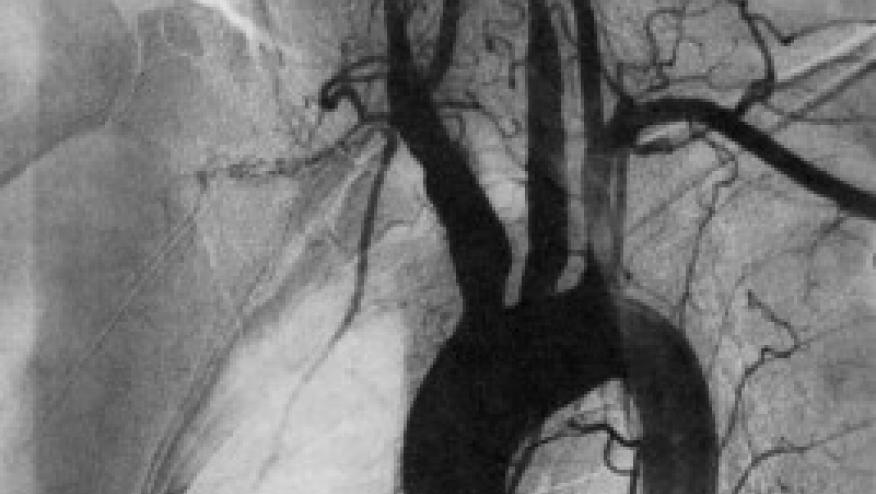EULAR Recommendations for the Management of ANCA-Associated Vasculitis Save

A EULAR task force has updated its 2009 recommendations for the management of anti-neutrophil cytoplasmic antibody (ANCA) associated vasculitis (AAV). The task force included 21 representatives from EULAR and European Renal Association-European Dialysis and Transplant Association (ERA-EDTA). While the 2009 recommendations focused on the management of primary small and medium vessel vasculitis, the 2015 update includes the use of rituximab for AAV as well as multiple new studies regarding AAV from the peer reviewed literature.
AAV is an umbrella name for a group of the diseases (granulomatosis with polyangiitis [Wegener's granulomatosis], microscopic polyangiitis, and eosinophilic granulomatosis with polyangiitis or Churg-Strauss syndrome), which may be unpredictable and sometimes even fatal. Treatment usually involves use of potent immunosuppressants with multiple side effects. Finding the fine balance between efficacy and safety may be challenging in many cases.
In order to stratify multiple controversies in management of AAV EULAR and ERA-EDTA came up with following recommendations:
- Patients with AAV shall ideally be managed in close collaboration with, or at, centers of expertise. Level of evidence 3; grade of recommendation C; strength of vote 100%.
- A positive biopsy is strongly supportive of a diagnosis of vasculitis and we recommend biopsies to assist in establishing a new diagnosis and for further evaluation for patients suspected of having relapsing vasculitis. Level of evidence 3; grade of recommendation C; strength of vote 81%.
- Combination of glucocorticoids and either cyclophosphamide or rituximab is recommended for remission-induction of new-onset, organ- or life-threatening AVV; and for a major relapse of organ-threatening or life-threatening disease.
- For remission-induction of non-organ-threatening AAV, we recommend treatment with a combination of glucocorticoids and either methotrexate or mycophenolate mofetil.
- Plasma exchange should be considered for patients with AAV and a serum creatinine level of >500 µmol/L (5.7 mg/dL) due to rapidly progressive glomerulonephritis in the setting of new or relapsing disease. Level of evidence 1B; grade of recommendation B; strength of vote 77%.
- For remission maintenance of AAV, we recommend treatment with a combination of low-dose glucocorticoids and either azathioprine, rituximab, methotrexate or mycophenolate mofetil.
- Remission-maintenance therapy for AAV should be continued for at least 24 months following induction of sustained remission.
- Switching from cyclophosphamide to rituximab or from rituximab to cyclophosphamide is advised for refractory disease.
- Testing of serum immunoglobulin levels prior to each course of rituximab and in patients with recurrent infection is advised in view of reports of hypoimmunoglobulinaemia with RTX.
These recommendations were devised with multidisciplinary inputs from rheumatologists, internists, nephrologists, a clinical immunologist, otorhinolaryngologist, chest physician, ophthalmologist, vasculitis nurse and a patient with vasculitis. The group suggests an update of these recommendations should be conducted in 3 years.










If you are a health practitioner, you may Login/Register to comment.
Due to the nature of these comment forums, only health practitioners are allowed to comment at this time.